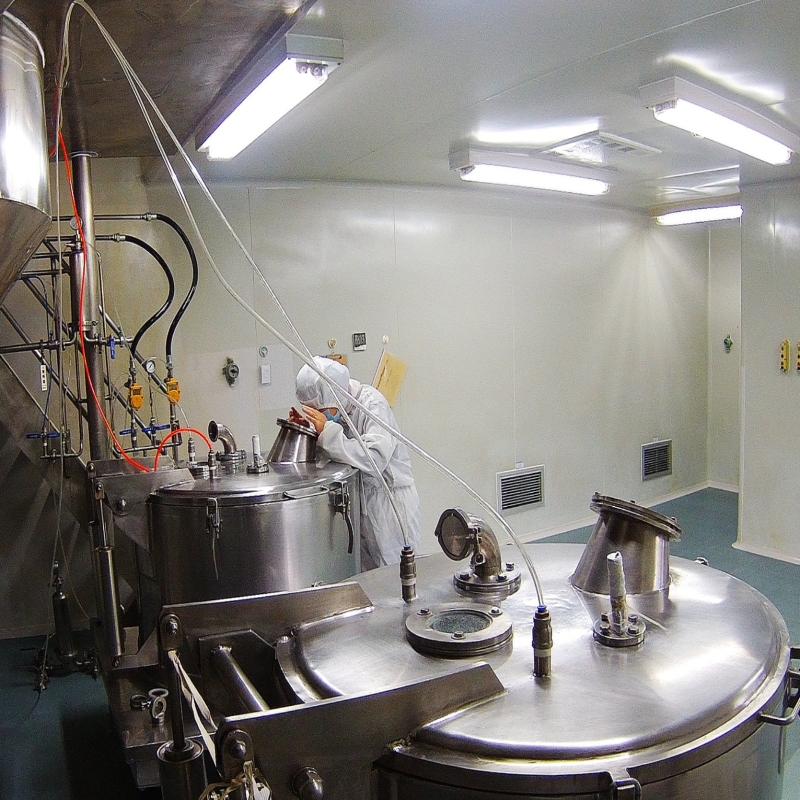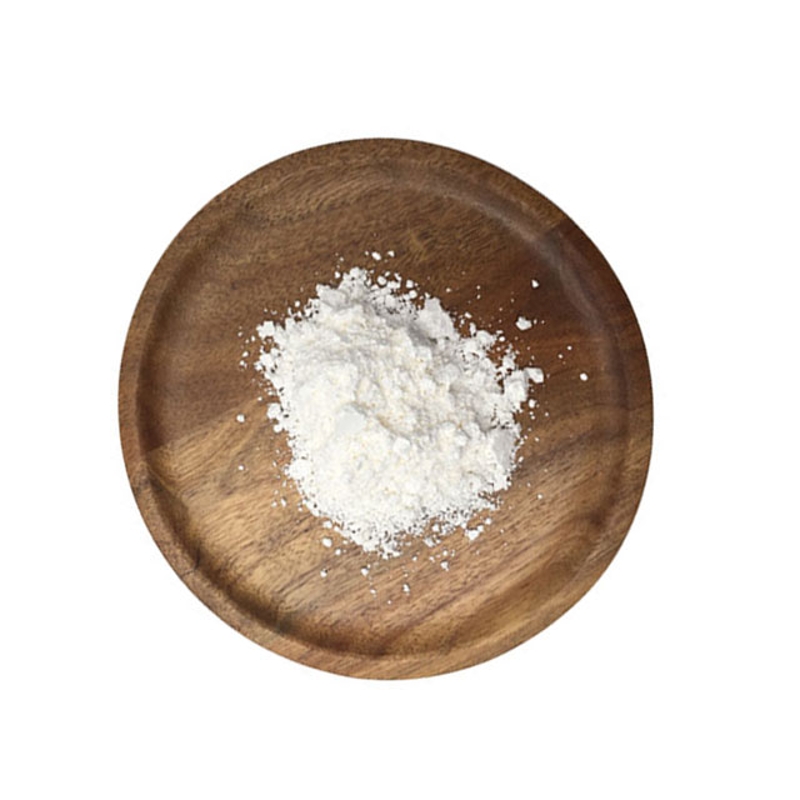-
Categories
-
Pharmaceutical Intermediates
-
Active Pharmaceutical Ingredients
-
Food Additives
- Industrial Coatings
- Agrochemicals
- Dyes and Pigments
- Surfactant
- Flavors and Fragrances
- Chemical Reagents
- Catalyst and Auxiliary
- Natural Products
- Inorganic Chemistry
-
Organic Chemistry
-
Biochemical Engineering
- Analytical Chemistry
- Cosmetic Ingredient
-
Pharmaceutical Intermediates
Promotion
ECHEMI Mall
Wholesale
Weekly Price
Exhibition
News
-
Trade Service
The burden of prostate cancer in developed countries is significantly higher than in low-income countries, and the incidence of male migration from low-income to high-income countries is also increasing, suggesting that dietary and lifestyle factors may play a role in the cause of the disease.
, however, known risk factors are limited to old age, descent, family history and certain genetic factors.
there is still an urgent need to identify changeable risk factors to help guide prevention strategies.
, most studies of dietary and prostate cancer incidence have focused on individual dietary components.
While there is evidence that certain foods and nutrients are associated with prostate cancer, such as dairy products that increase the risk of prostate cancer and lycoprene reduces the risk of prostate cancer, many other individual dietary factors show no results.
dietary model assessment is an alternative that provides the advantage of better consideration of the complex interactions between additive effects and dietary components.
dietary patterns also allow for a variety of ways to achieve a healthy diet and are increasingly being used to develop dietary recommendations.
another factor complicating dietary and prostate cancer research is the biological heterogeneity of the disease, with evidence of differences in eganology between inert and invasive cancers.
hypersepemia and inflammation are two interrelated biological pathways that link diet to the risk of several cancers, which studies have shown may also increase the risk of prostate cancer.
A new study published in European Urology recently looked at the relationship between two empirically based dietary patterns and the overall risk of prostate cancer in a prospective cohort study of U.S. men to determine whether a diet with high insulinemia and an inflammatory diet were associated with morbidity and mortality from prostate cancer, as well as more invasive forms of disease based on clinical stages, Gleason scores, and fatal outcomes.
researchers followed 4,209 men forward-lookingly in a follow-up study of health professionals (1986-2014).
the scores of two effective dietary patterns from the food frequency questionnaire when they passed the baseline, updated every four years.
to assess the prognosm of overall, advanced and fatal prostate cancer.
Using Cox Proportional Risk Regression, the relationship between the multivariate corrected risk ratio (HRs) and the 95 percent confidence interval (CIs), i.e. the empirical dietary index and empirical dietary inflammation patterns of hyperspiralemia, and prostate cancer risk was determined.
in the Health Professional Follow-up Study (1986-2014), participants with high insulinemia and inflammatory dietary scores were weighted by a five-digit age.
28-year follow-up, 5,929 cases of total prostate cancer were recorded, including 1,019 advanced and 667 deaths.
in the multivariate correction model, for every additional standard deviation (SD) in the high insulin diet, the risk of developing advanced prostate cancer increased by 7% (HR:1.07; 95% CI:1.01 1.15), and the risk of fatal prostate cancer increased by 9% (HR:1.09; 95% CI:1.00 1.18).
when strated by age, the high insulinemia diet was associated only with early on-oncular aggressive prostate cancer (males under 65 years of age) at 1.20 (95% CI: 1.2% per SD HRs) 06 1.35) late, 1.22 (1.04 1.42) fatal, 1.20 (1.04 1.38) fatal.
in the study population, inflammatory diet was not associated with prostate cancer risk, but was associated with early onclaming fatal prostate cancer (increased HR per SD: 1.16; 95% confidence interval: 1.00 1.35).
(A) hyperinsepemia and (B) inflammatory diets were associated with a multivariate adjustment risk ratio and a 95 percent confidence interval associated with the risk of prostate cancer in the age subgroup.
results of this large prospective cohort study support the hypothesis that diets with higher insulin potential are associated with a higher risk of aggressive prostate cancer.
note that these associations persist even after additional adjustments to BMI, and tend to be stronger in recent eating habits and among younger men.
the entire study population, the inflammatory diet was not associated with prostate cancer risk, but was associated with fatal prostate cancer in men under 65.
The two dietary types used in this study include many food groups that are not typical in other dietary patterns, including specific vegetable categories (such as leafy greens), coffee, and animal foods, in addition to red meat and processed meats such as eggs.
some of these have been shown to have potentially important roles in the context of prostate cancer, especially for more invasive tumors.
, dietary patterns that do not include these foods may miss key dietary aspects that affect prostate cancer risk and may partially explain previous zero findings.
Although the results of case-control studies of circulating insulin or c peptides and prostate cancer risk are somewhat complex, there is some other evidence from epidemiological and experimental studies that hyperinsepemia played a role in prostate cancer.
serum insulin is associated with a recurrence of prostate cancer, and medical health studies have found that pre-diagnosis cpeptides can predict prostate cancer mortality.
addition, metabolic syndrome is associated with a higher risk of prostate cancer, particularly invasive tumor characteristics and bio-relapses, and the use of metformin has been reported to improve survival rates in prostate cancer patients.
aspects of inflammation are closely related to hyper-insulinemia, in this study, inflammation through hyper-insulinemia and the potential effects of insulin resistance on the IGF axis may help to link inflammatory diets to aggressive prostate cancer in young men.
many studies have reported a relationship between circulatory inflammatory biomarkers and prostate cancer risk.
inflammatory diet may also cause prostate cancer through inflammation at the tissue level, as prostatitis is particularly common in middle-aged and young men, and inflammation is often observed in prostate tumor biopsies.
this conclusion is supported by epidemiological studies of sexually transmitted infections and sources of infection in prostate tissue.
, hyperalemia and inflammation may be potential mechanisms for linking dietary patterns to the risk of aggressive prostate cancer, especially early onclaming diseases.
: Benjamin C. Fu, et al. Insulinemic and Inflammatory Dietary Patterns and Risk of 4 Prostate Cancer,European Urology January 06, 2021. DOI:MedSci Original Source: MedSci Original Copyright Notice: All text, images and audio and video materials dated "Source: Mets Medicine" or "Source: MedSci Originals" are owned by Mets Medicine and are not authorized to be reproduced by any media, website or individual, and are authorized to be reproduced with the words "Source: Mets Medicine".
all reprinted articles on this website are for the purpose of transmitting more information and clearly indicate the source and author, and media or individuals who do not wish to be reproduced may contact us and we will delete them immediately.
at the same time reproduced content does not represent the position of this site.
leave a message here







